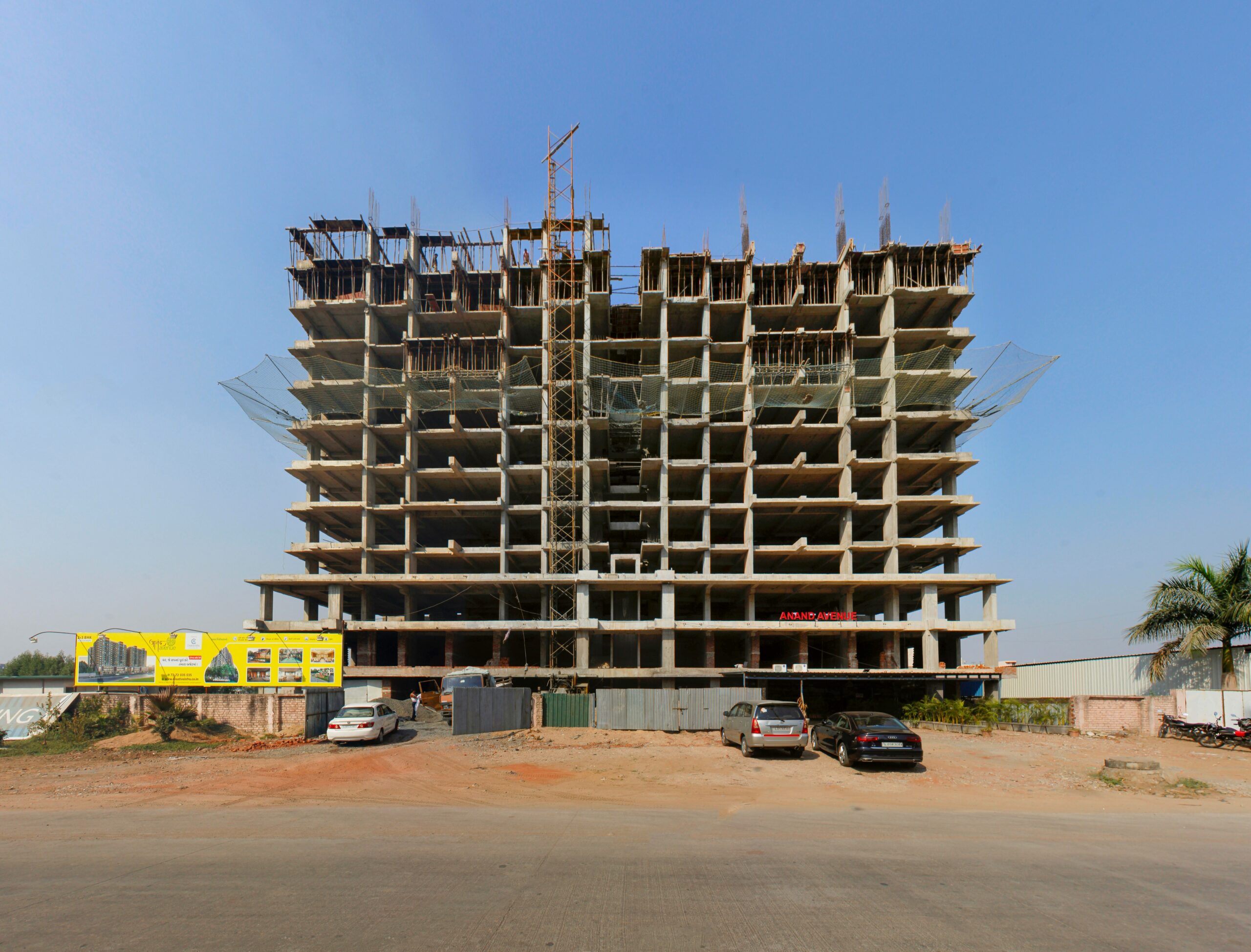
Members of the millennial generation are more likely to invest in real estate than in the stock market, according to surveys. In one survey, 85 percent of millennials told Fannie Mae they think real estate is a solid investment.
Millennials get a lot of grief, but they’re onto something. Real estate often provides better returns than the stock market. Both are still worthy options, but real estate projects can sometimes be a better bet.
You’ll get the most out of your real estate investment if you can get a non recourse loan. Such loans provide more favorable terms than conventional loans.
Read on to find out how to get a non-recourse loan.
What’s a Non-Recourse Loan?
Whether you’re a millennial or a baby boomer, you may not be familiar with the term “non recourse loan.” Let’s take a minute to compare non-recourse loans to recourse loans.
Let’s say a person wants to start a new business. They get a recourse loan for a building. Unfortunately, after two years, the business goes under.
With a recourse loan, the lender has the right to seize the commercial property, but that’s not all. What if the commercial property is now worth less than the value of the original loan? Then the lender can also pursue the business owner’s personal assets.
In a non recourse loan, the property is all the lender can seize. It doesn’t matter if the loan was for $200,000 and the property’s value has dropped to $150,000. The lender has no way to make up that remaining amount.
For the investor, this is a positive development. It means they don’t have to risk their personal assets to fulfill their dream of owning a commercial real estate.
The situation is grimmer for the non-recourse lender. Non-recourse real estate lenders are taking on more risk than conventional lenders.
Non-Recourse Loan Requirements
Not surprisingly, the requirements for a non-recourse loan are harder to meet than the ones for a recourse loan.
For one thing, the loan-to-value ratio cap will be lower with a non recourse loan than with a recourse loan. With traditional loans, an investor may be able to borrow most of the value of the property.
With a non recourse loan, investors can expect to get capped at borrowing around 60 percent of the property’s value. If the property is worth $100,000, they won’t be able to borrow more than $60,000.
Non recourse real estate lenders will also want to see higher credit scores from any potential investor. Expect to pay higher interest rates as well.
Many non recourse loans also include something known as carveout exceptions. Those allow the lender to go after the full value of the property under certain circumstances.
“Intentional destruction of property” is a common carveout clause. Fraud is another one.
In other words, don’t set your commercial property on fire in hopes of collecting insurance money. That’s a bad idea for several reasons.
Obtaining a Commercial Property Loan
A non recourse loan is one of several options for potential investors. It might be perfect for your needs, or you might be better suited to something like stock loans.
We can help you figure out what kind of loan makes sense for you. Contact us today to learn more.

Leave a Reply